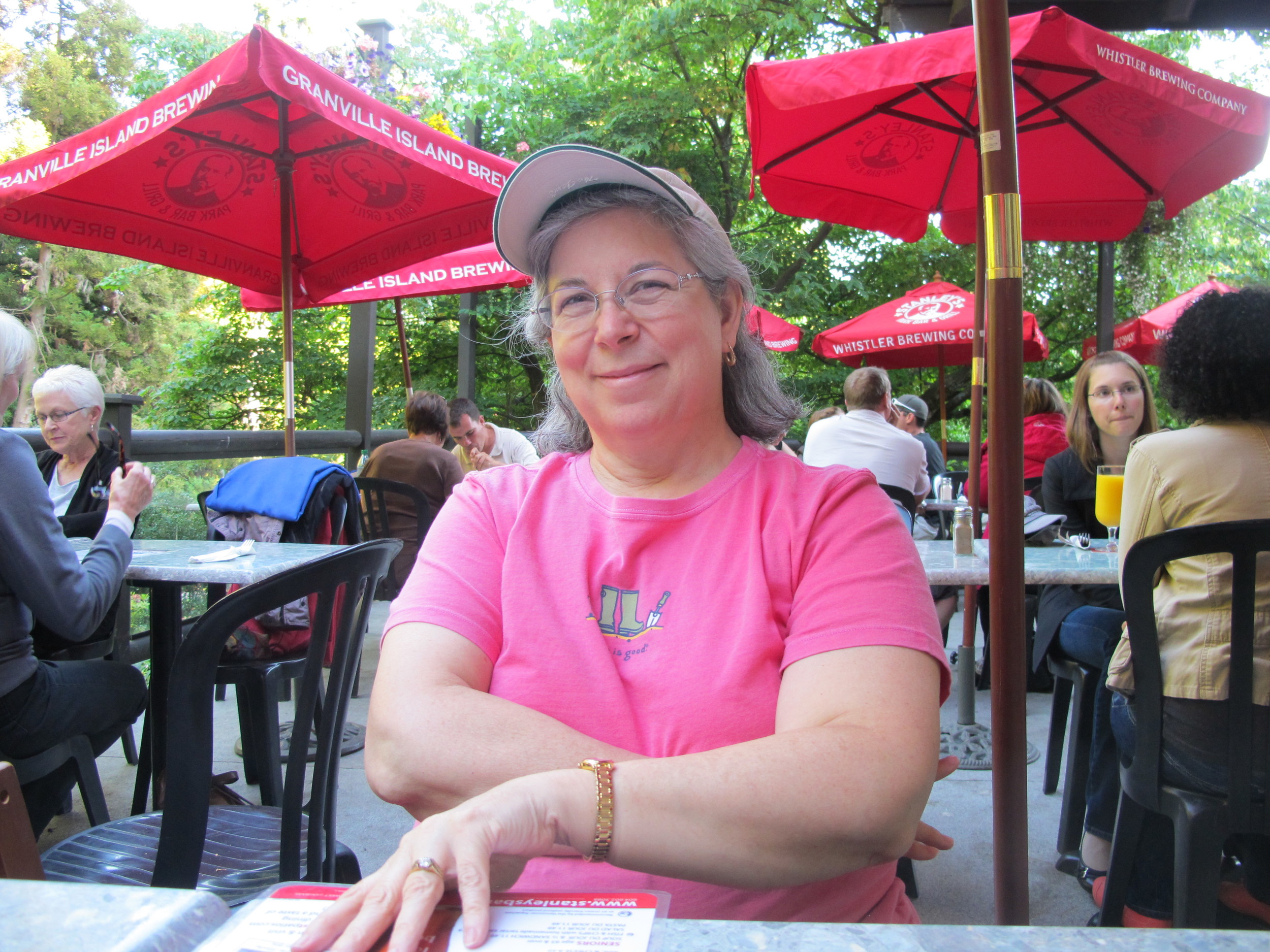Marriage Enrichment for Parents - Two-Part Series for Success
/Obstacles to Marriage Ministry
– Part 1 of 2 of Marriage Enrichment for Parents
Although the need for marriage enrichment is clear and couples speak of the need for it, many pastoral ministers who try to offer programs find participation “underwhelming.” In many dioceses, Marriage Encounter struggles to fill their weekends, and parish programs are regularly cancelled for lack of registrations. Marriage ministry for parents is needed, but it cannot reach couples if they will not attend. The failure of many programs to attract couples could be linked to the fact that they focus on the marriage relationship alone, rather than addressing the couples’ responsibilities as parents.
Research into the causes of low attendance in marriage enrichment has shown that marriage enrichment may be seen as a potential invasion of privacy or an admission that a marriage is in trouble. Couples who participated in the National Pastoral Initiative focus groups agreed that some couples are reluctant to participate in such programs.[1]
Programs also suffer from the perception that marriage enrichment programs are "feel good" experiences that might help briefly but do not help in the long run. According to Forever Families, a resource website for marriage and parenting programs, “Some people feel it is not proper to share their marital issues with anyone outside the marriage or to participate in an educational setting where others might see that they need help.”[2]
To investigate reasons for low attendance in marriage enrichment programs, Lisen C. Roberts and Michael Morris evaluated factors potentially associated with couples' decisions about attending. Their survey of 235 spouses regarding influences on their attendance decision (142 of whom participated in a marriage enrichment seminar, and 93 of whom did not) identified “time” was the most influential attendance constraint, followed closely by fear of invasion of privacy, discovery of problems, “lack of interest,” and “lack of information about the seminar.” The study found that marriage enrichment is sometimes misunderstood to be therapeutic rather than skill building.[3]
Roberts and Morris discovered that couples were more likely to attend a program if they received clear information about the content and knew something about the presenter from the advertising and promotional materials: “In many ways, family life educators are ‘the program itself’ as they often are the ones primarily responsible for selecting and using resources and materials as well as designing, implementing, and interpreting the evaluation of outcomes from family life education programs.”[4]
The Christian Family Movement offers a five-part program by Dr. Lauri Przybysz, Wisdom and Grace for Marriage and Parenting, that addresses these obstacles. Each of the parts on Wisdom and Grace can be used as a stand-alone session for small groups, or multiple small group sessions can be offered in the parish or in peoples’ homes. The Wisdom and Grace program is available free to members of the Movement, although donations are welcome. CFM hopes that all participants will join for a trial membership. Visit www.cfm.org to join and find out more details about Wisdom and Grace and other CFM program guides for small groups.
Next: Part 2, Key Elements for Success in Marriage Enrichment
[1]USCCB Committee for Laity, Marriage, Family Life and Youth, “Focus Groups with Middle Years Couples” (Washington, DC: USCCB, 2005). http://www.usccb.org/laity/marriage/middle.shtml (accessed May 9, 2011).
[2] School of Family Life, Brigham Young University. Forever Families website, http://foreverfamilies.byu.edu/Article.aspx?a=60 (accessed May 10, 2011).
[3] Lisen Roberts and Michael Lane Morris, “An Evaluation of Marketing Factors in Marriage Enrichment Program,” Family Relations Journal--vol. 47 (1998): 38. http://www.jstor.org/pss/584849 (accessed May 15, 2011).
[4]Roberts, 40.

